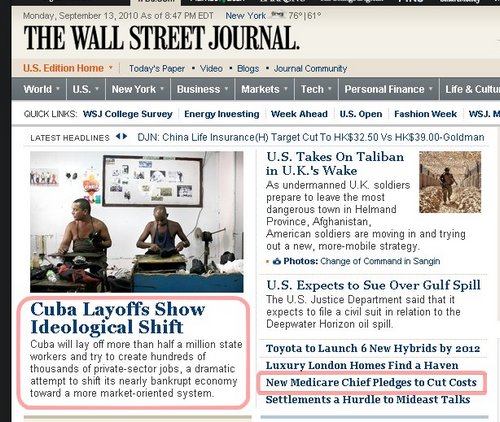Last week we learned that Shell stockholders voted down an executive compensation plan. (WSJ: “Shell investors revolt over executive pay plan.”) They did not want to reward the managers of their company for failure.
It was just a non-binding resolution, though. As at many business corporations, the Shell company executives have managed to keep their paychecks insulated from the workings of the free market by not allowing the owners to control them.
I don’t know just how that state of affairs came about, but I would wager that the executives of this and other business corporations had allies in government who helped pull it off. Governments of the modern welfare-police state tend to fear, hate, and loathe markets and will go to great lengths to keep them from working. It’s natural for them to collaborate with business managers to suppress their operation. (You can read all about it in Milton Friedman.)
But the point is, if the owners had their way, they would not reward the managers of their company for failure.
Compare that with what happens when federal regulators fail. The usual remedy is to reward them with bigger budgets, bigger empires, and more power. That’s how we got the monstrosity known as the Department of Homeland Security. Not a single person in government suffered any consequences for being unlucky enough not to use the available information to prevent 9/11. Instead, the system rewarded itself.
That’s also what was happening in the closing months of the Bush administration when Bernanke and Paulson kept pushing for more centralized power over the economy as a reward for their mismanagement. They didn’t get their way, but they tried. Now the Obama administration is trying the same thing, and will have a better chance of getting it. (WSJ: “Single-Regulator Plan for Banks Now Close“)
White House and Treasury officials have met with numerous groups to discuss their plans to rework supervision of financial markets, and they have occasionally offered clues as to what their plans may look like. Mr. Geithner has said he thinks there needs to be consolidation and simplification in the oversight of banks, but he has declined to be more specific.
“Declined to be more specific.” Yeah, there’s probably a reason for his reticence.
Not so many months ago these same people were asking for unprecedent sums of money even though it soon became apparent they didn’t have any idea what they were going to do with it. Now they’re asking for unprecedent powers and a major reworking of the org charts in their favor, and they have no idea what they’re going to do with that, either. But they do know that they want more centralization and more power. That’s the government reward for incompetence.
It’s sort of like what the Shell executives want, only on a much more massive scale, beyond anything that even Dilbert ever imagined could happen.
